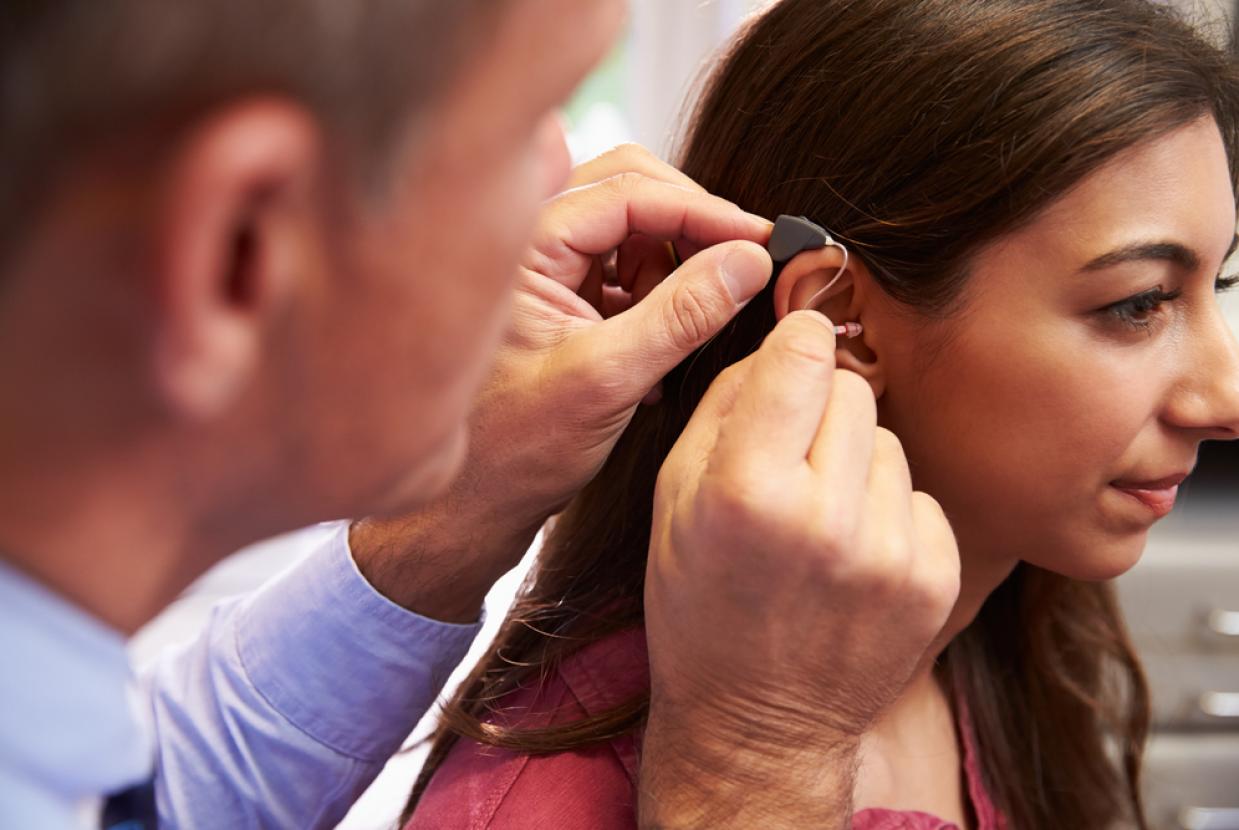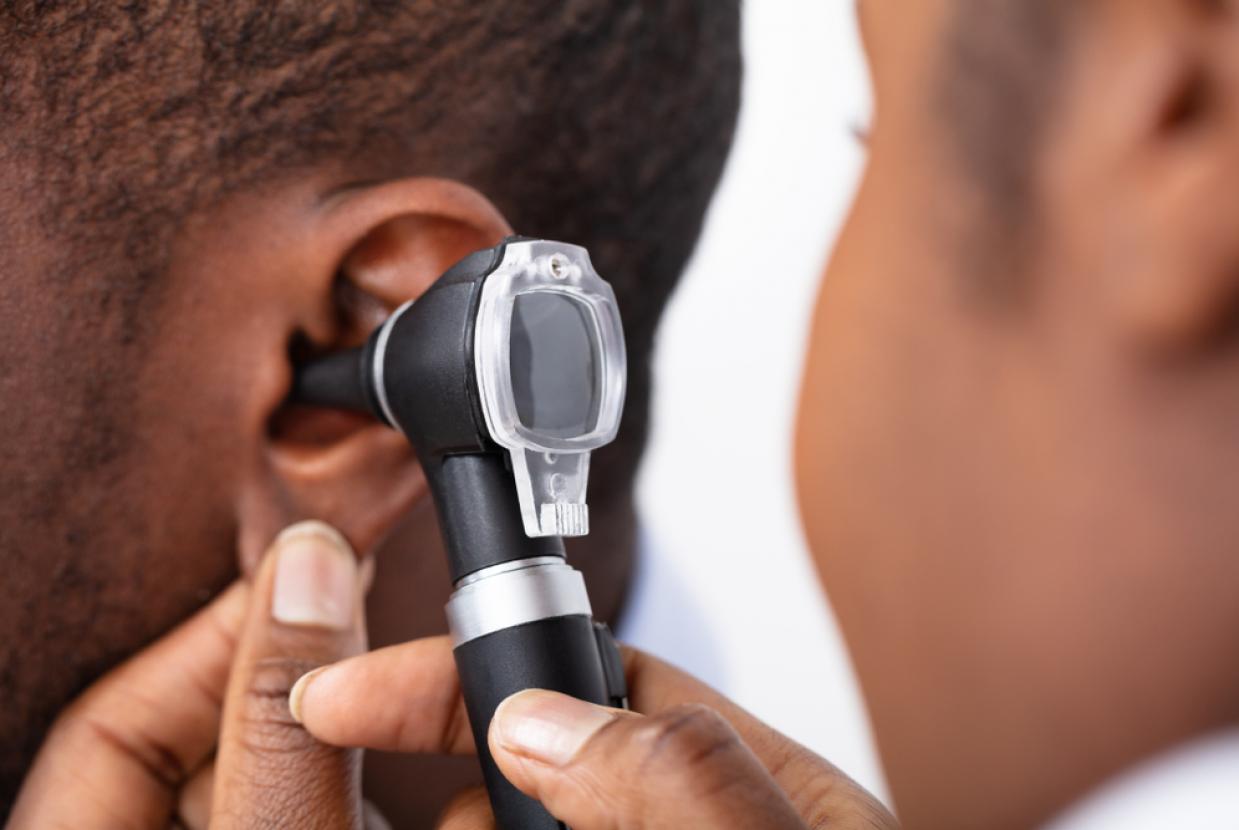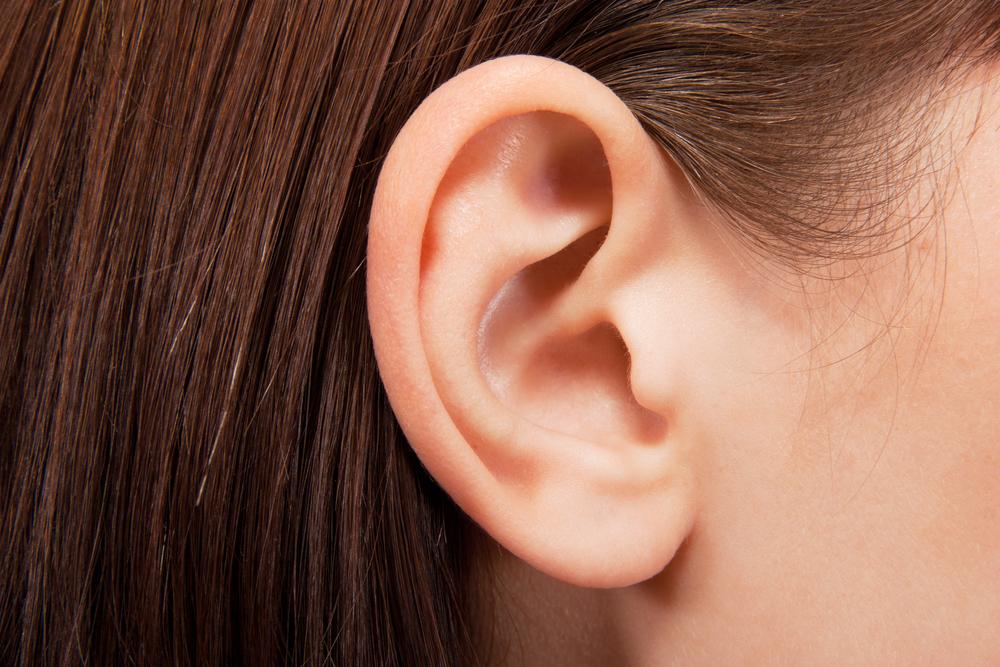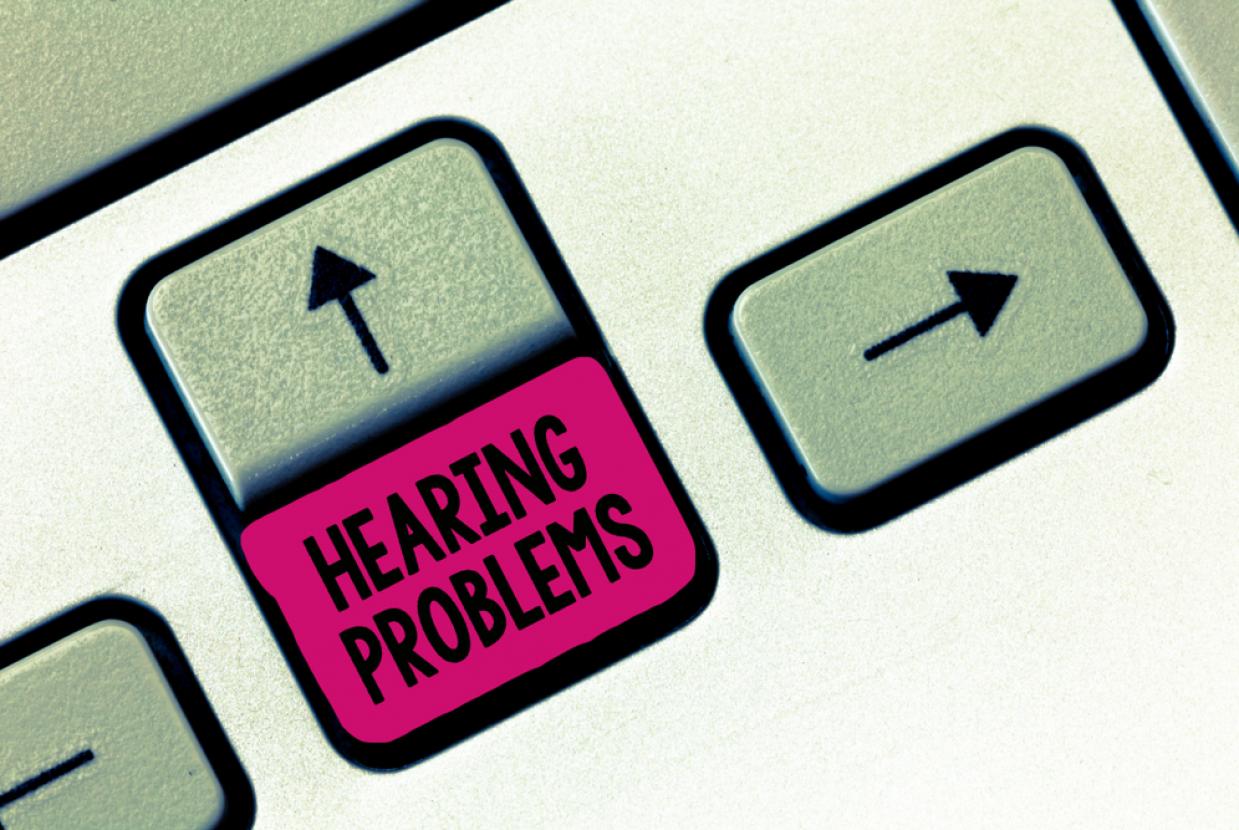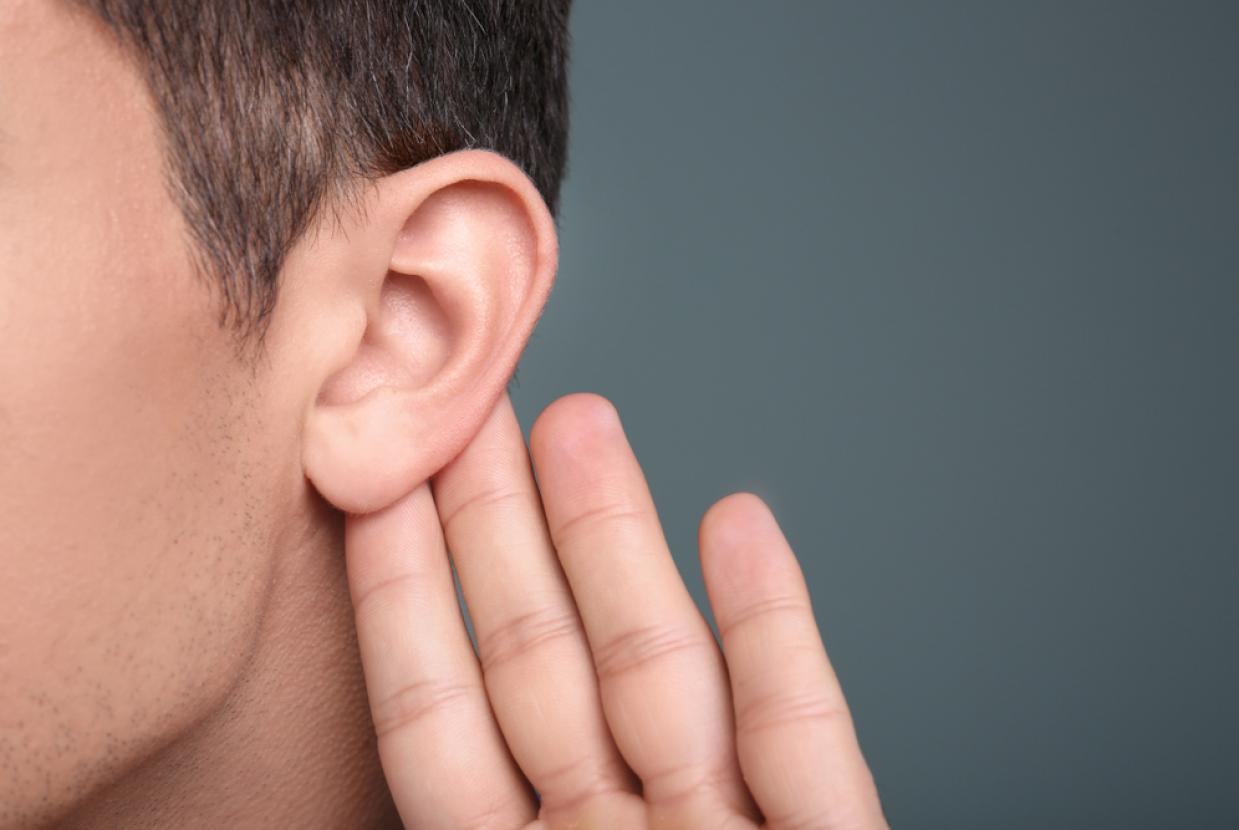How To Manage Tinnitus & Stress
HearingIf you have tinnitus (noise in your ears or head) and stress is making it worse, help is available. There are also things you can try to help you manage both stress and tinnitus.
Signs of stress
Stress is the feeling of being under too much pressure. It’s usually caused by a change in daily life and a lack of control over what is happening.
Stress can cause different symptoms, including:
- fast heartbeat
- disrupted sleep
- sweating
- loss of appetite
- difficulty concentrating
- feeling anxious, worried or irritable
- headaches
- muscle tension or pain
- dizziness.
If you have tinnitus, stress may make you:
- more aware of it
- find that it changes in volume or sound
- experience it more often, if your tinnitus comes and goes.
The link between stress and tinnitus
Research shows that stress can be a trigger for tinnitus, or make it worse. And some people, though not all, find that tinnitus makes them feel stressed and anxious.
So you may find yourself in a cycle: stress makes your tinnitus worse, which in turn makes you feel more stressed or anxious. The good news is that help is available, and there are things you can try to help reduce stress and manage tinnitus.
Get help with stress and tinnitus
If you’re finding it hard to cope with stress and tinnitus, contact your GP. There are also other things that may help:
- Contact us if you need support or just want to talk to someone who understands.
- Share experiences with other people with tinnitus by joining one a tinnitus support group.
- Listen to soft music to distract yourself from your tinnitus. You can also get different tinnitus relaxers and apps that play relaxing sounds.
- Try daily exercise, if you can. This doesn’t have to be strenuous activity.





